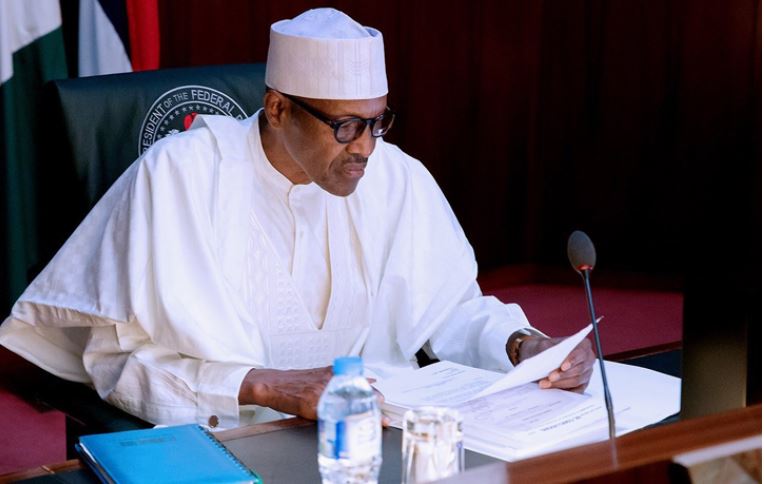On Thursday in New York, President Muhammadu Buhari (retd.) assured global investors that Nigeria’s economy was ready for further investment. This came as he bemoaned the decline in private capital inflows, particularly FDI for infrastructure and natural resource access initiatives.
He stated that Nigeria will require an investment commitment of around N348 trillion by 2025, despite the fact that government capital spending over the time would be N49.7 trillion (14.3 percent), with the private sector contributing the remaining N298.3 trillion (85.7 percent).
“In general, the Nigerian economy is ready for further investment.” On the contrary, private capital flows into Nigeria, mostly FDI, have slowed, impeding the funding of much-needed infrastructure,” Buhari stated at the Nigeria International Economic Partnership Forum held on the margins of the 77th UN General Assembly.
This was according to a statement signed by the Special Adviser, Media and Publicity, to the President, Femi Adesina, titled, ‘In New York, President Buhari says investment in security yielding good dividends, woos more investors to Nigeria.’
Buhari, who acknowledged security to be a critical element for investment inflow, pledged that his government would do more to improve security.
He also lauded the Nigeria military for making significant progress in the fight against insecurity and building the momentum in reducing challenges to its barest minimum.
Buhari, who was represented at the opening session by his Chief of Staff, Prof. Ibrahim Gambari, also declared that in spite of the global crisis fuelled by the Ukraine-Russian war, the lingering COVID-19 pandemic and insurgency in some parts of the country, Nigeria was on course to taking her rightful place in the global economy.
He noted that the quarterly GDP growth in Q1 2022 had been mostly driven by the non-oil sector, giving credence to the revenue source diversification agenda of his regime.
On the domestic front, he argued that the Federal Government was taking some bold, decisive and urgent action to address revenue underperformance, and improve Nigeria’s operations to make it an investment-friendly destination.
According to him, the Integrated National Financing Strategy remained the government’s key pathway to improving infrastructure financing, with the private sector playing a significant role.













